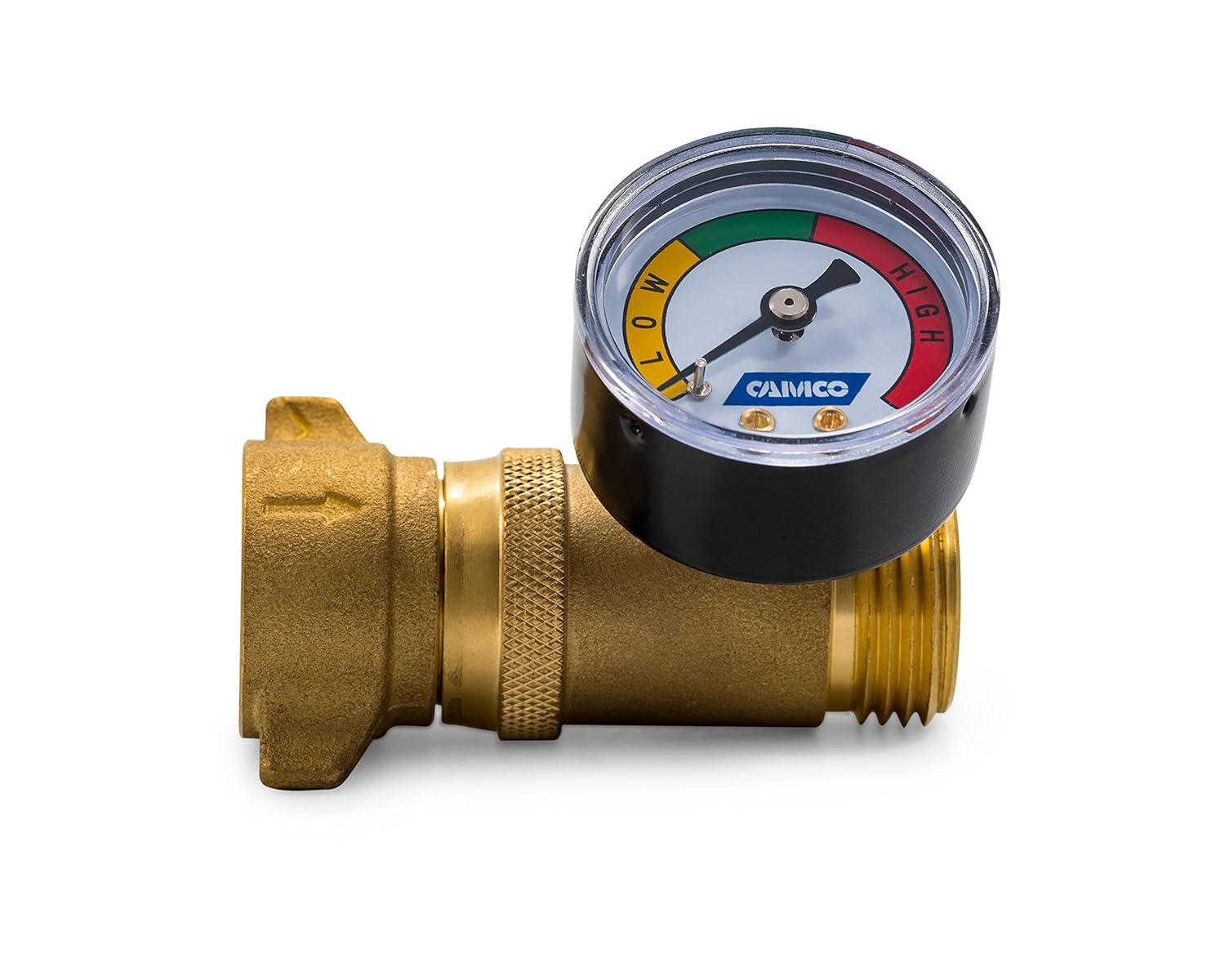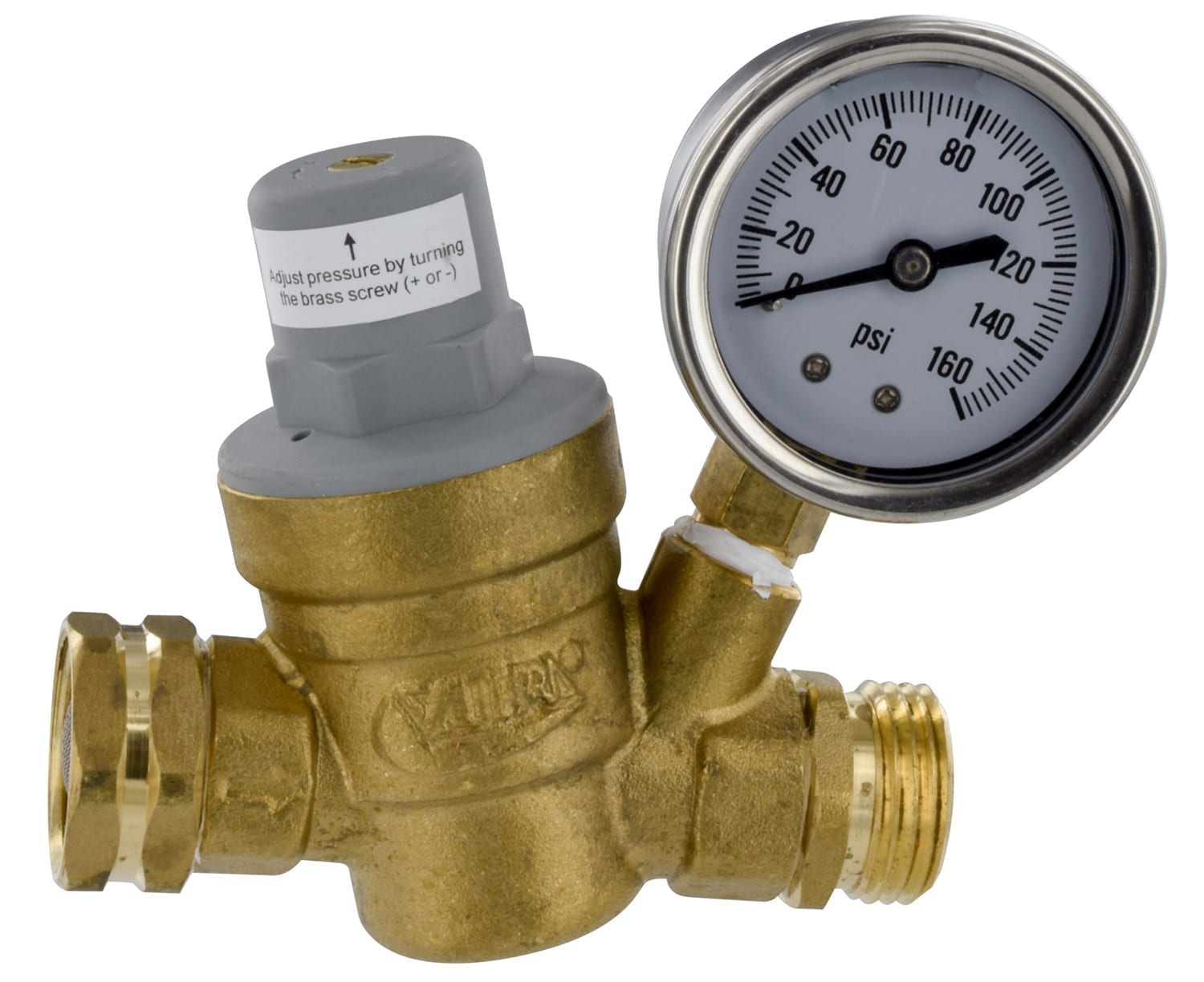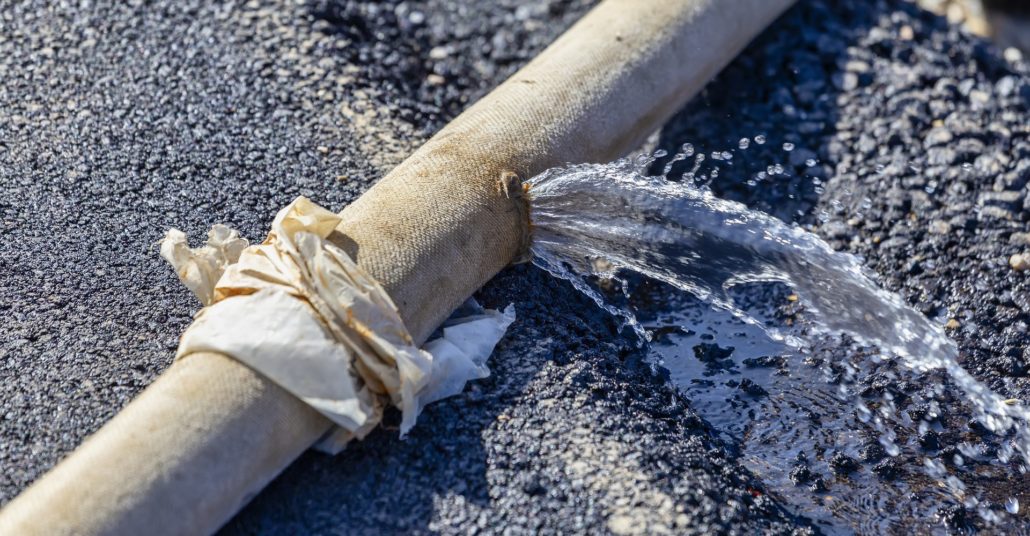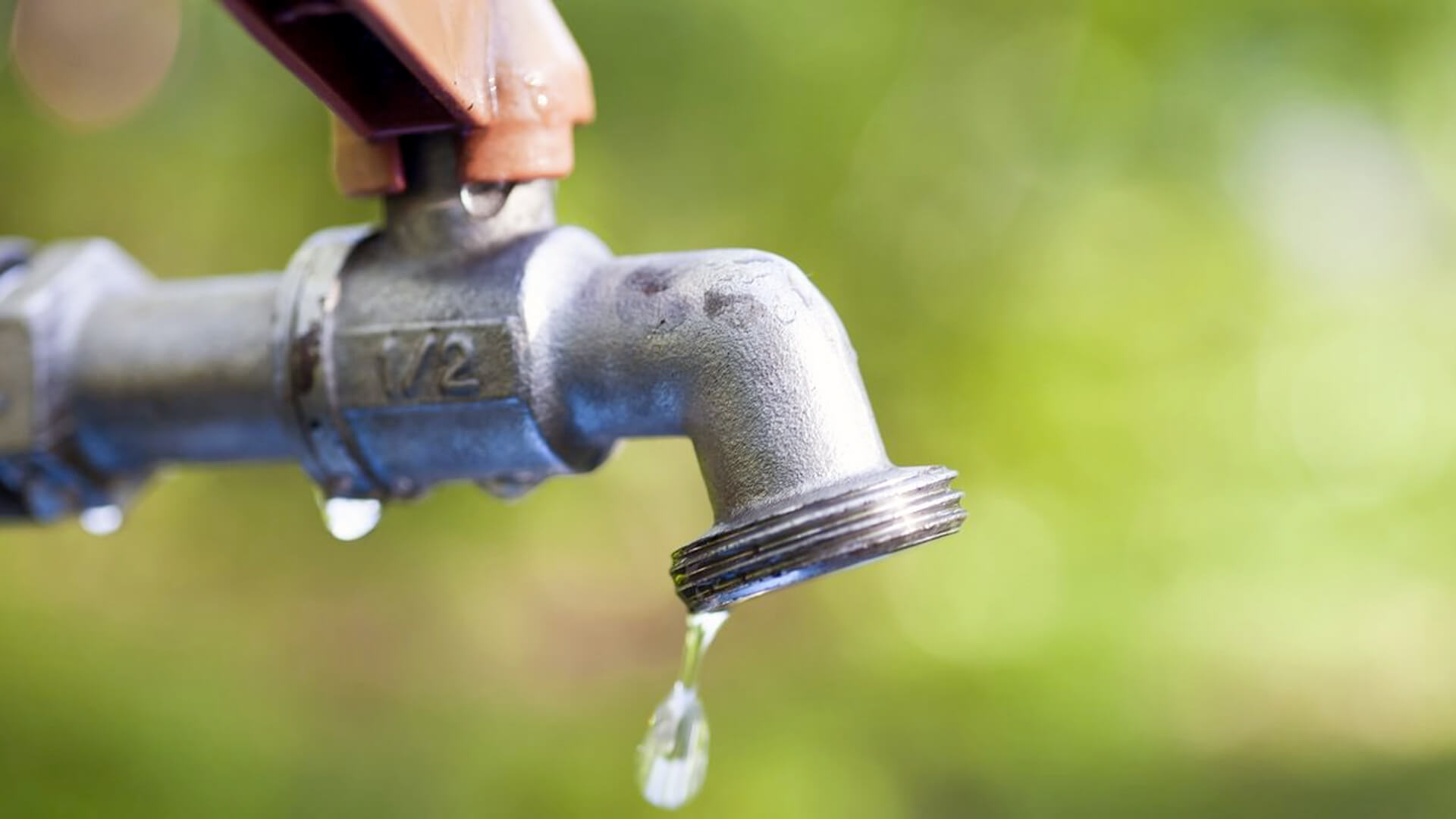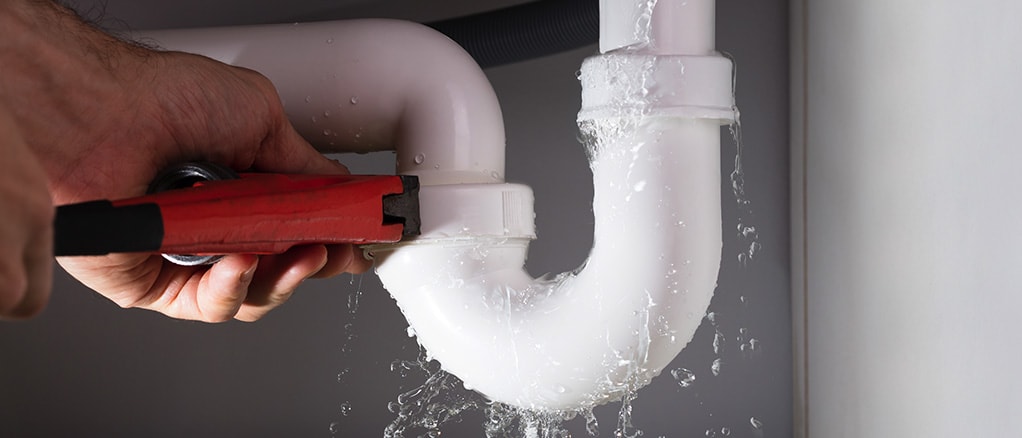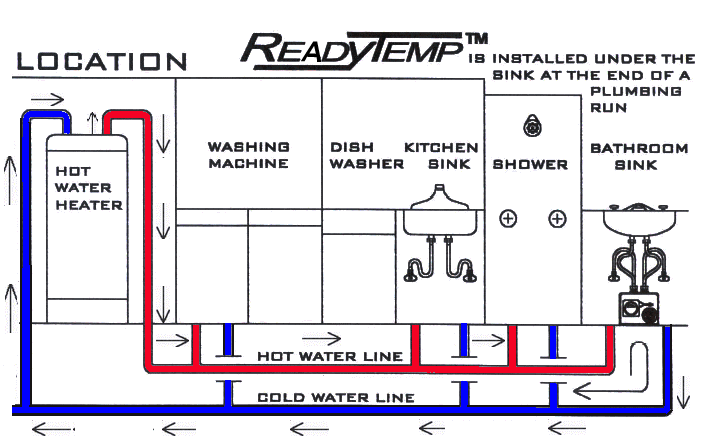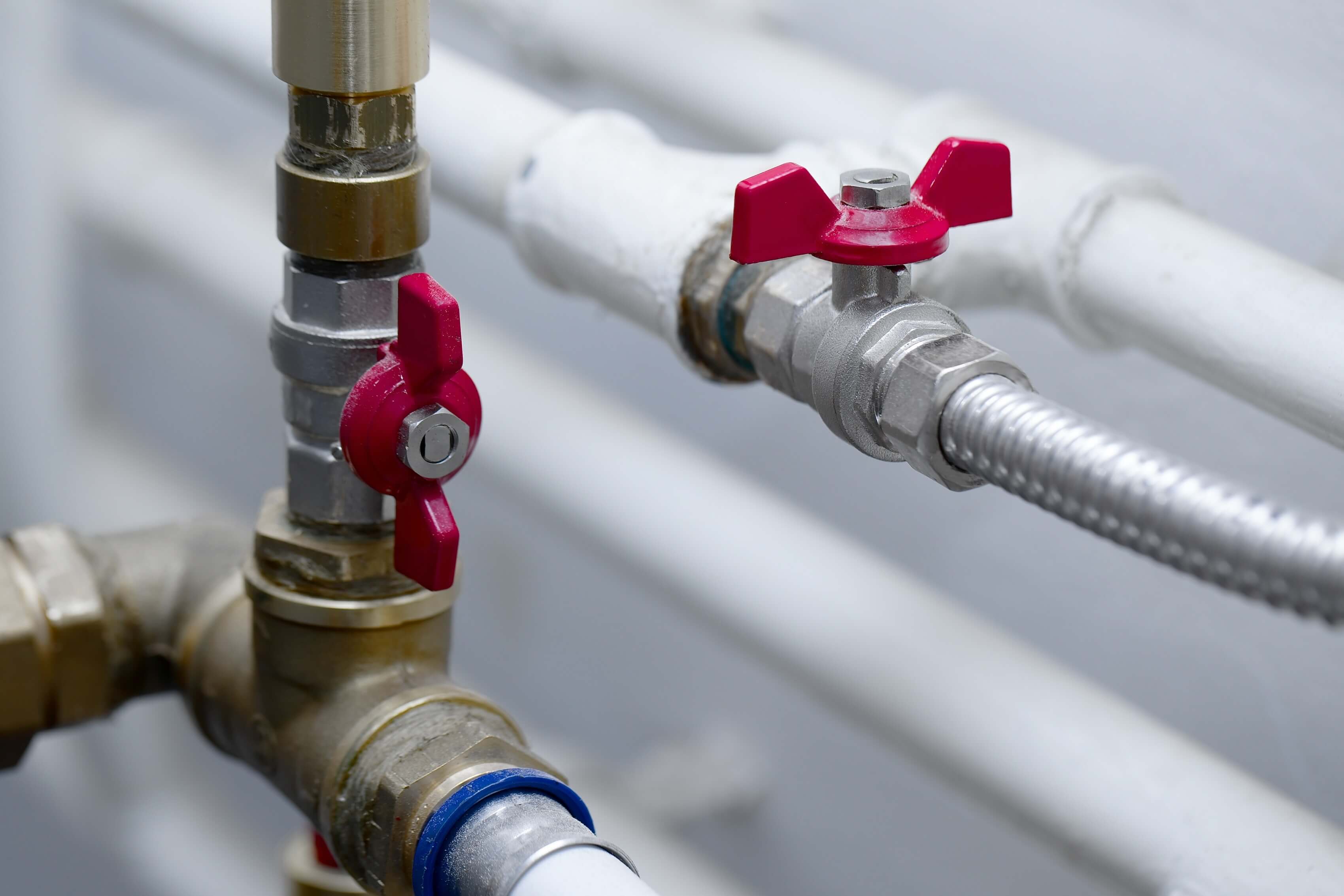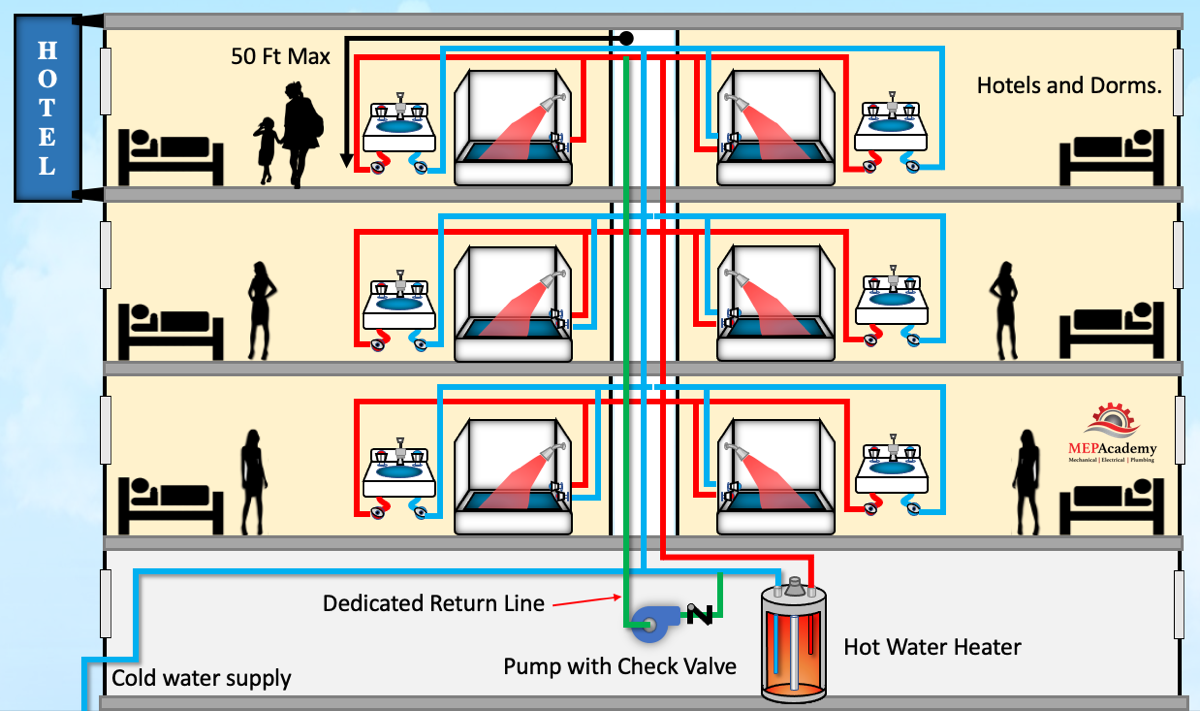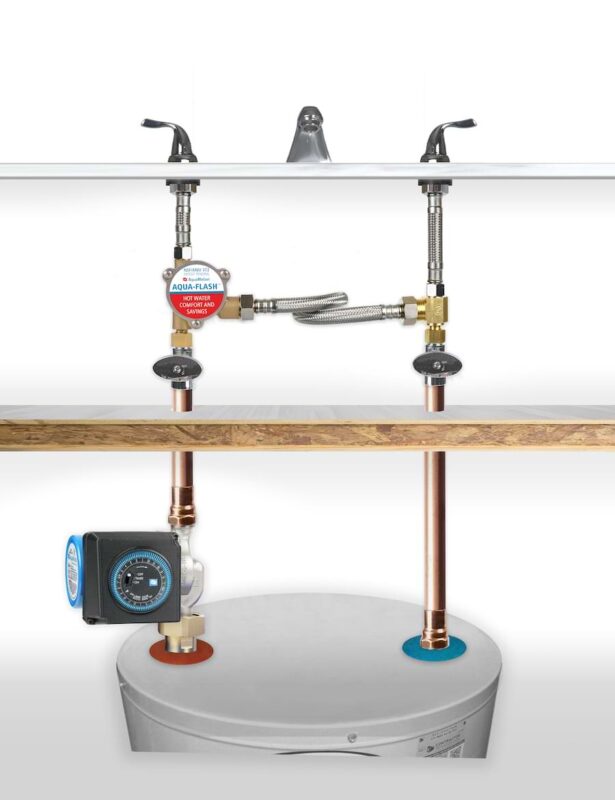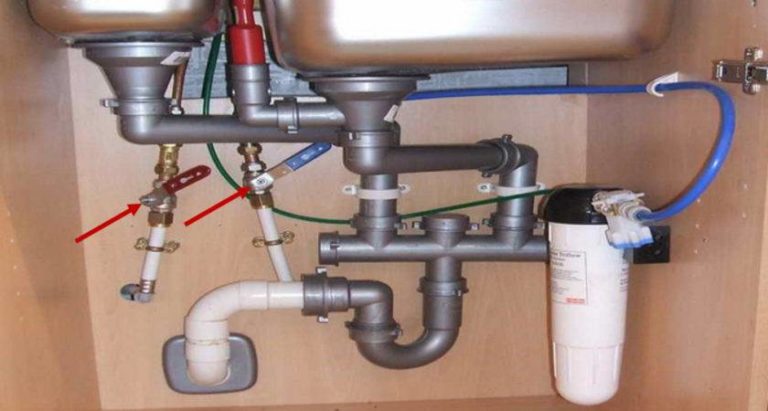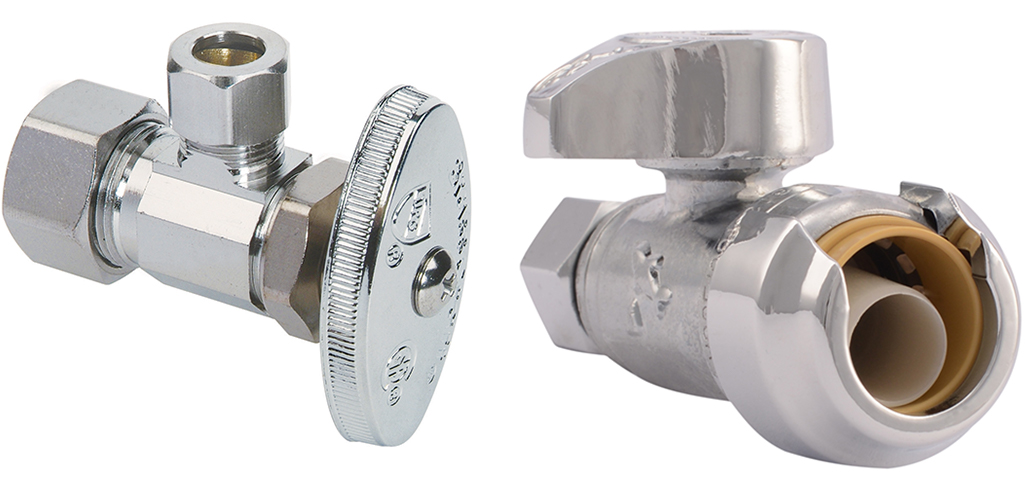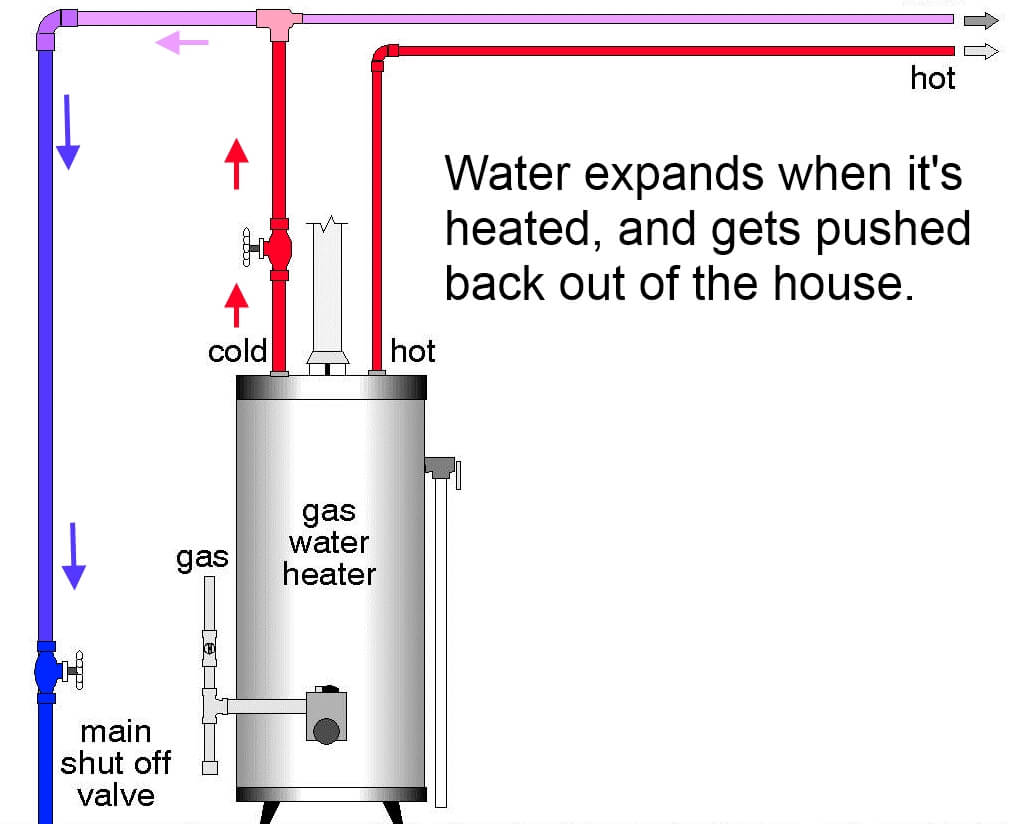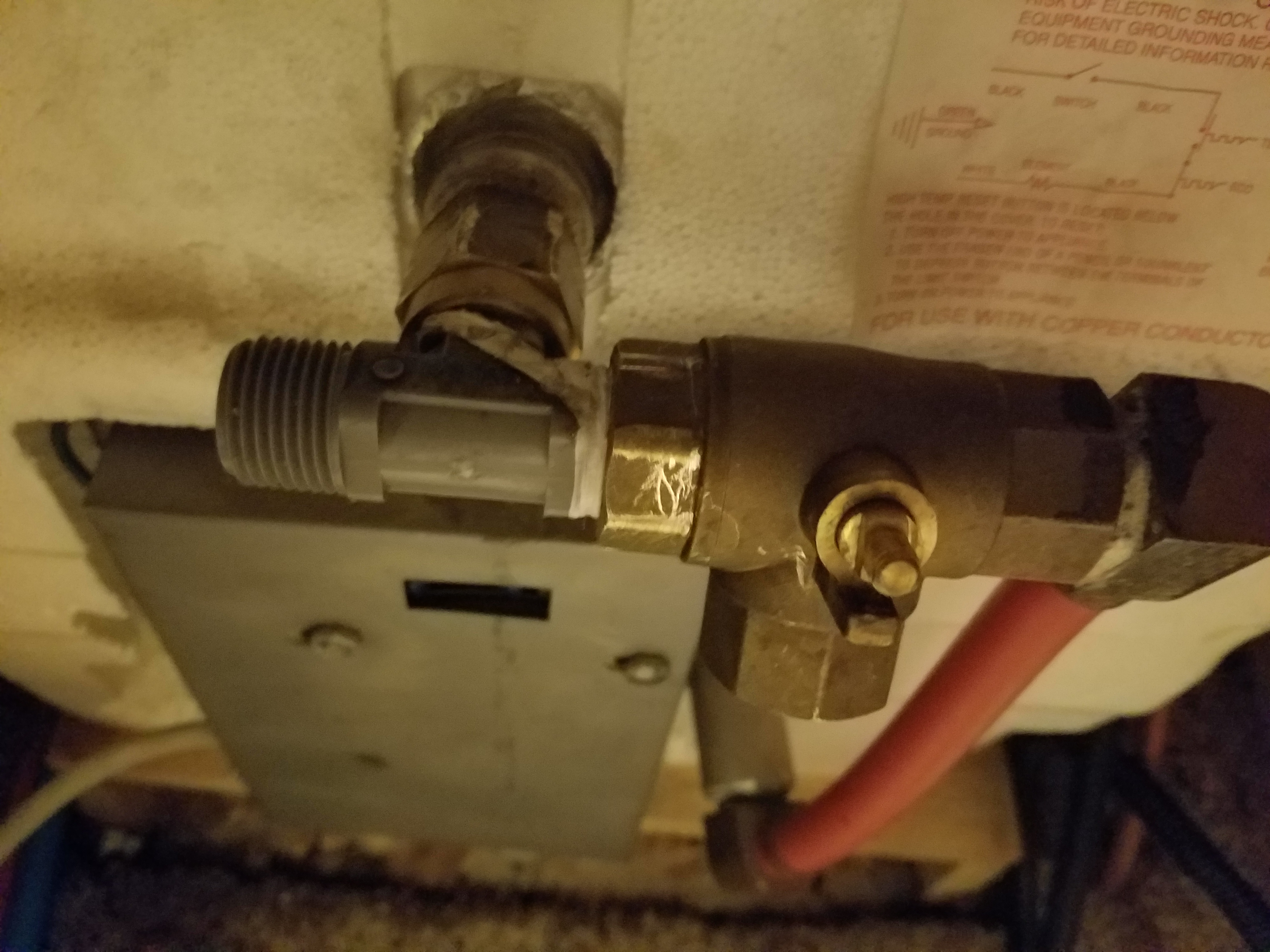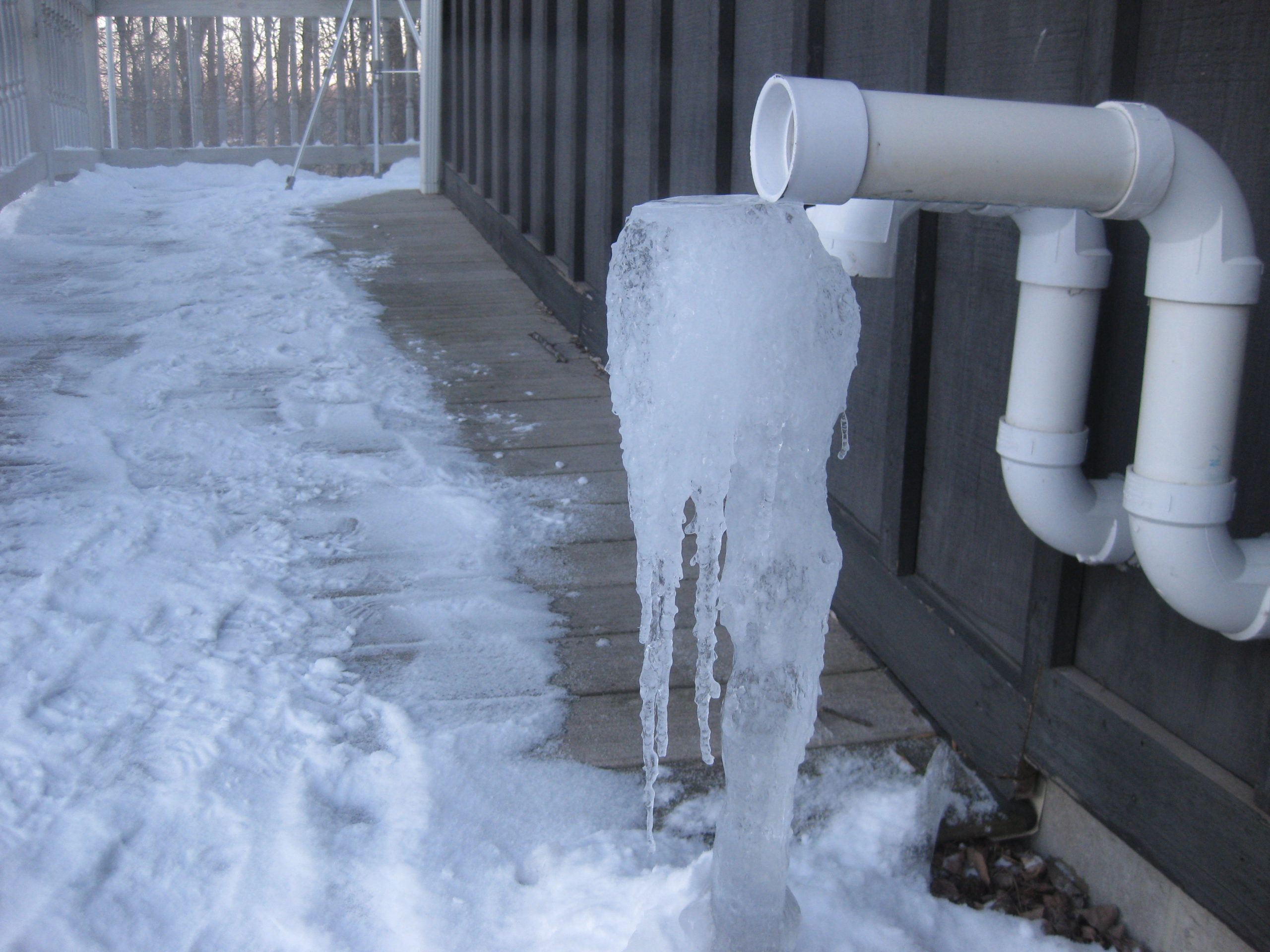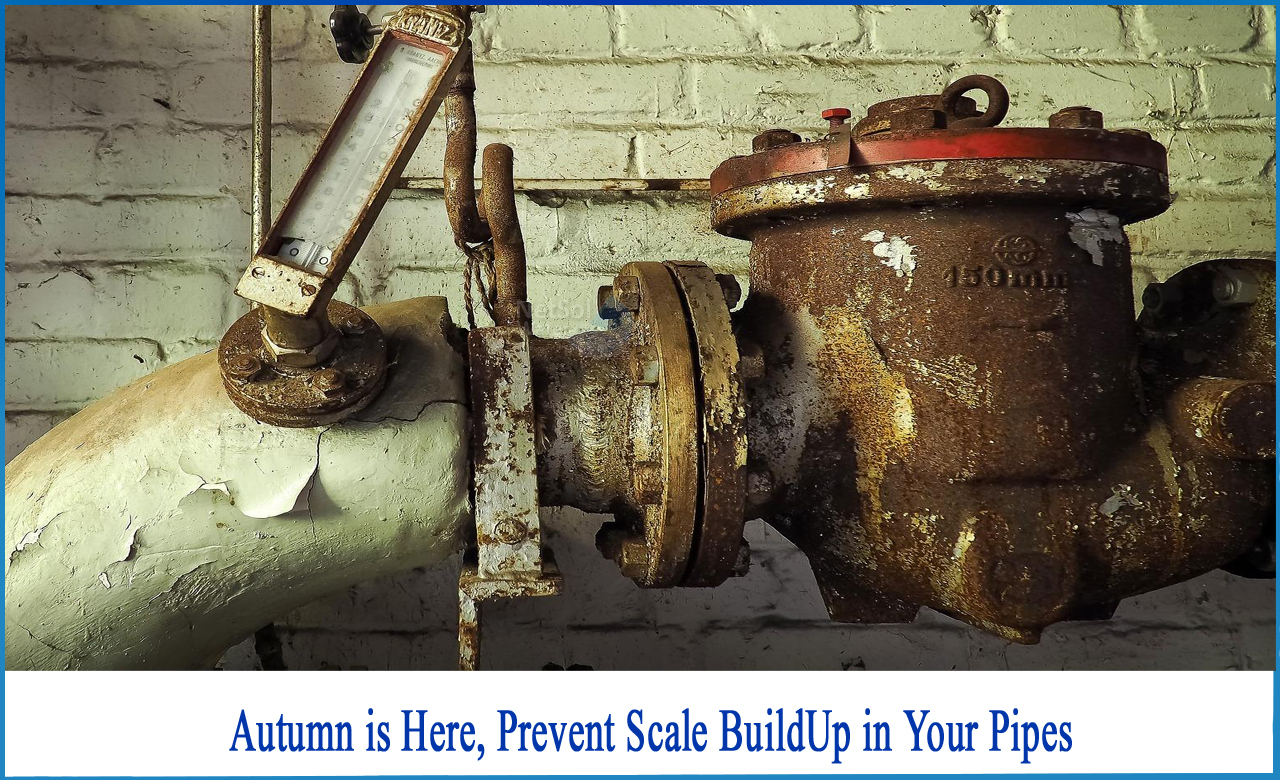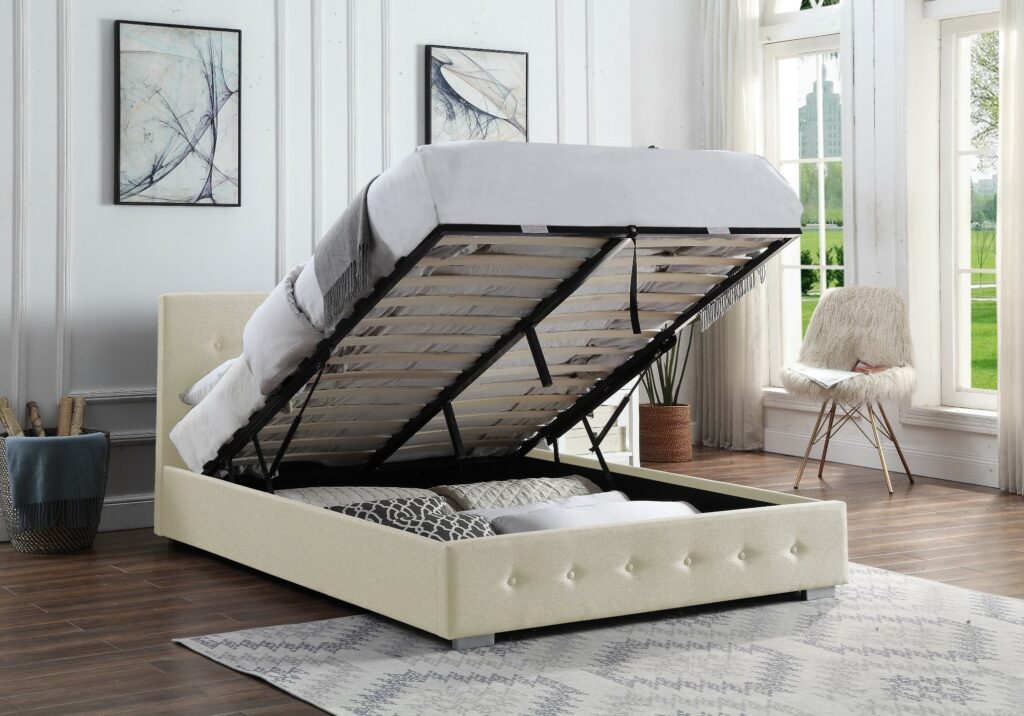The first thing you should check when experiencing low hot water pressure in your kitchen sink is the aerator. This is a small device that is attached to the end of your faucet and helps to control the flow of water. Over time, the aerator can become clogged with mineral deposits and debris, causing a decrease in water pressure. You can easily remove the aerator and clean it with a mixture of vinegar and water to remove any buildup. If this doesn't solve the issue, it may be time to replace the aerator altogether.Check the aerator
Another common cause of low hot water pressure in the kitchen sink is a partially closed shut-off valve. These valves are typically located under the sink and control the flow of water to your faucet. If the valve is not fully open, it can restrict the flow of water and result in low pressure. Make sure to check all the shut-off valves in your kitchen to ensure they are fully open.Check the shut-off valves
If you have low hot water pressure throughout your entire house, the issue may lie with your water heater. Sediment buildup and other issues can affect the performance of your water heater, resulting in decreased water pressure. It's important to regularly maintain your water heater, including flushing it out to remove any buildup. If the problem persists, you may need to call a professional to inspect and repair your water heater.Check the water heater
Clogs in the pipes can also cause low hot water pressure in the kitchen sink. Over time, debris and mineral deposits can accumulate in the pipes, restricting the flow of water. You can try using a plunger or a drain snake to clear out any clogs in the pipes. If the problem is more severe, you may need to call a professional plumber to assess the situation.Check for clogs in the pipes
If you have consistently low hot water pressure in your kitchen sink, it may be due to a faulty water pressure regulator. This device controls the overall water pressure in your home and can become worn or damaged over time. You can test the water pressure coming into your home by using a pressure gauge. If it is below the recommended pressure, the regulator may need to be replaced.Check the water pressure regulator
Leaks in the pipes can also contribute to low hot water pressure in the kitchen sink. Even a small leak can result in a significant decrease in water pressure. You can check for leaks by inspecting the pipes under your sink and looking for any signs of water. If you do find a leak, it's important to have it repaired as soon as possible to prevent further damage.Check for leaks in the pipes
The hot water supply line is the pipe that carries hot water from your water heater to your kitchen sink. If there is a problem with this line, it can result in low hot water pressure. You can check for any kinks or bends in the line that may be restricting the flow of water. If necessary, you can also replace the supply line to improve water pressure.Check the hot water supply line
Similar to the shut-off valves, the hot water valve under the sink may also be partially closed, causing low hot water pressure. Make sure to check that the valve is fully open to allow for proper water flow. If it is closed, simply turn it counterclockwise to open it.Check the hot water valve under the sink
In addition to the valve under the sink, there is also a hot water valve on your water heater. This valve controls the flow of hot water to your entire house. If it is not fully open, it can result in low hot water pressure. Make sure to check and adjust this valve as needed.Check the hot water valve on the water heater
Lastly, sediment buildup in the pipes can also contribute to low hot water pressure in the kitchen sink. This is especially common in homes with hard water. You can try flushing out the pipes by running hot water through them for a few minutes. If the problem persists, you may need to call a professional to remove the buildup. In conclusion, low hot water pressure in the kitchen sink can be caused by various factors. By checking and addressing these issues, you can restore your kitchen sink to its full water pressure potential. If you are unable to fix the issue on your own, don't hesitate to call a professional plumber for assistance. With proper maintenance and care, you can ensure that your kitchen sink always has strong and consistent hot water pressure.Check for sediment buildup in the pipes
Potential Causes of Low Hot Water Pressure in Kitchen Sink

1. Clogged Pipes
 One of the most common reasons for low hot water pressure in the kitchen sink is clogged pipes. Over time, mineral deposits, grease, and other debris can build up in your pipes, restricting the flow of water. This not only affects the hot water but also the cold water, resulting in reduced pressure in both taps. If you notice a decrease in water flow in your kitchen sink, it may be time to have your pipes professionally cleaned to restore proper water pressure.
One of the most common reasons for low hot water pressure in the kitchen sink is clogged pipes. Over time, mineral deposits, grease, and other debris can build up in your pipes, restricting the flow of water. This not only affects the hot water but also the cold water, resulting in reduced pressure in both taps. If you notice a decrease in water flow in your kitchen sink, it may be time to have your pipes professionally cleaned to restore proper water pressure.
2. Faulty Water Heater
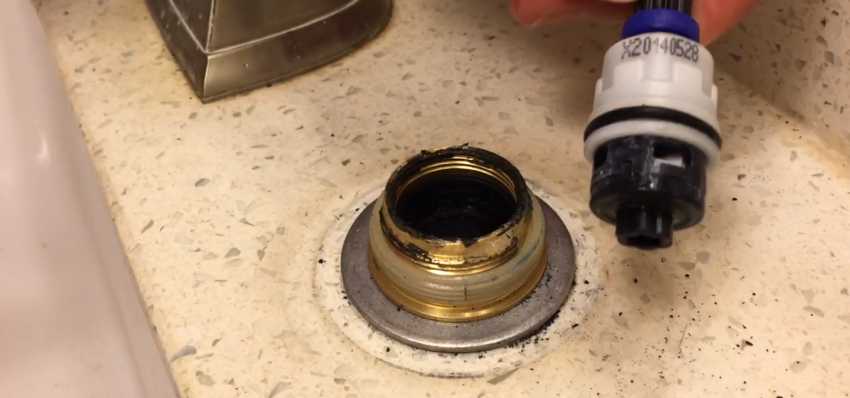 Another possible cause of low hot water pressure in the kitchen sink is a faulty water heater. If your water heater is old or not functioning properly, it may not be able to heat water to the desired temperature, resulting in weaker water pressure. In some cases, the water heater may also be too small for your household's needs, leading to insufficient hot water supply and low pressure. It is recommended to have your water heater inspected regularly to prevent any potential issues.
Another possible cause of low hot water pressure in the kitchen sink is a faulty water heater. If your water heater is old or not functioning properly, it may not be able to heat water to the desired temperature, resulting in weaker water pressure. In some cases, the water heater may also be too small for your household's needs, leading to insufficient hot water supply and low pressure. It is recommended to have your water heater inspected regularly to prevent any potential issues.
3. Pipe Leaks
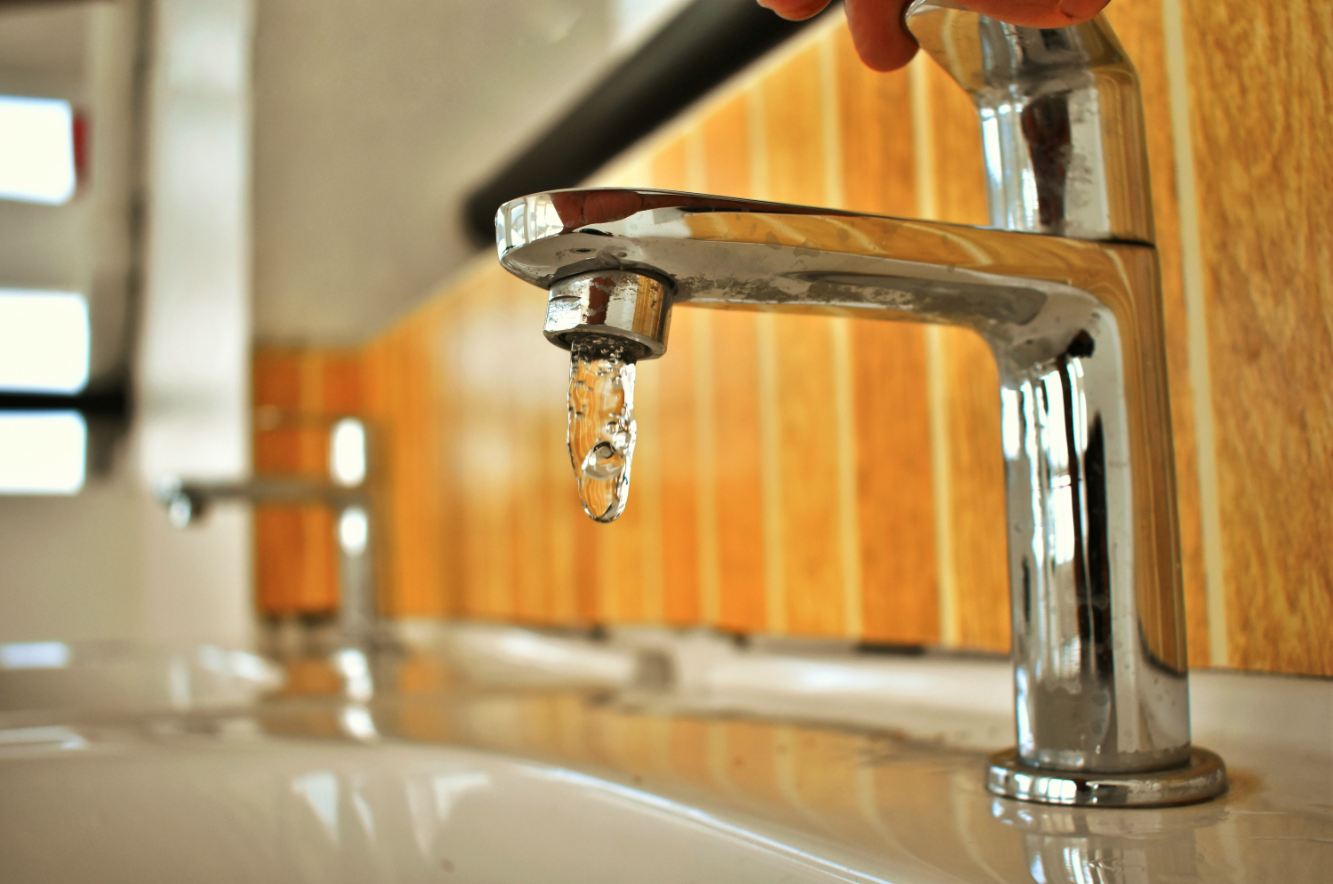 Leaking pipes can also contribute to low hot water pressure in the kitchen sink. Even a small leak can cause a significant decrease in water pressure. If you suspect a leak, it is important to have it fixed as soon as possible to prevent further damage to your pipes and potential water waste. A professional plumber can quickly identify and repair any leaks in your plumbing system, restoring proper water pressure to your kitchen sink.
Leaking pipes can also contribute to low hot water pressure in the kitchen sink. Even a small leak can cause a significant decrease in water pressure. If you suspect a leak, it is important to have it fixed as soon as possible to prevent further damage to your pipes and potential water waste. A professional plumber can quickly identify and repair any leaks in your plumbing system, restoring proper water pressure to your kitchen sink.
4. Corroded Pipes
 Corrosion is another common issue that can lead to low hot water pressure in the kitchen sink. Over time, the pipes in your plumbing system can become corroded, especially if they are made of metal. This can cause the diameter of the pipes to decrease, restricting the flow of water and resulting in lower pressure. If you suspect that your pipes are corroded, it is best to have them replaced to prevent any further damage.
Corrosion is another common issue that can lead to low hot water pressure in the kitchen sink. Over time, the pipes in your plumbing system can become corroded, especially if they are made of metal. This can cause the diameter of the pipes to decrease, restricting the flow of water and resulting in lower pressure. If you suspect that your pipes are corroded, it is best to have them replaced to prevent any further damage.
In Conclusion
 Low hot water pressure in the kitchen sink can be a frustrating problem to deal with, but it is not one that should be ignored. If you are experiencing this issue, it is essential to identify the root cause and address it promptly to prevent any further inconvenience. By understanding the potential causes and seeking professional help, you can restore proper water pressure in your kitchen sink and continue to enjoy a fully functional plumbing system.
Low hot water pressure in the kitchen sink can be a frustrating problem to deal with, but it is not one that should be ignored. If you are experiencing this issue, it is essential to identify the root cause and address it promptly to prevent any further inconvenience. By understanding the potential causes and seeking professional help, you can restore proper water pressure in your kitchen sink and continue to enjoy a fully functional plumbing system.



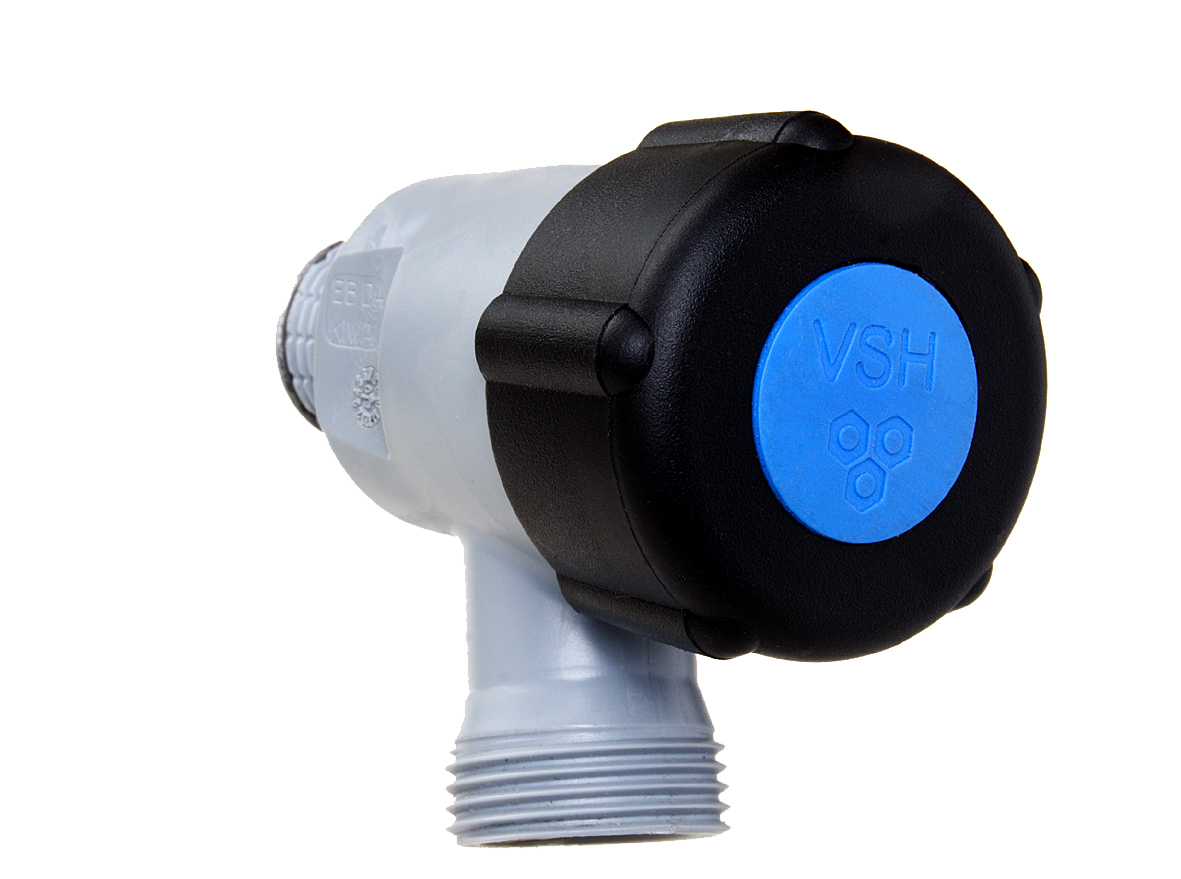






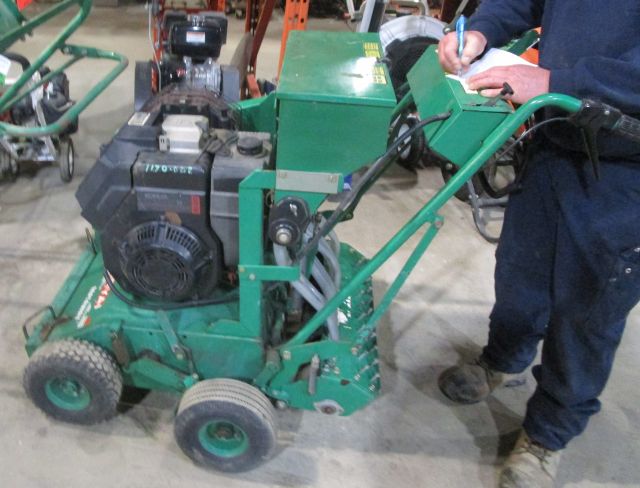
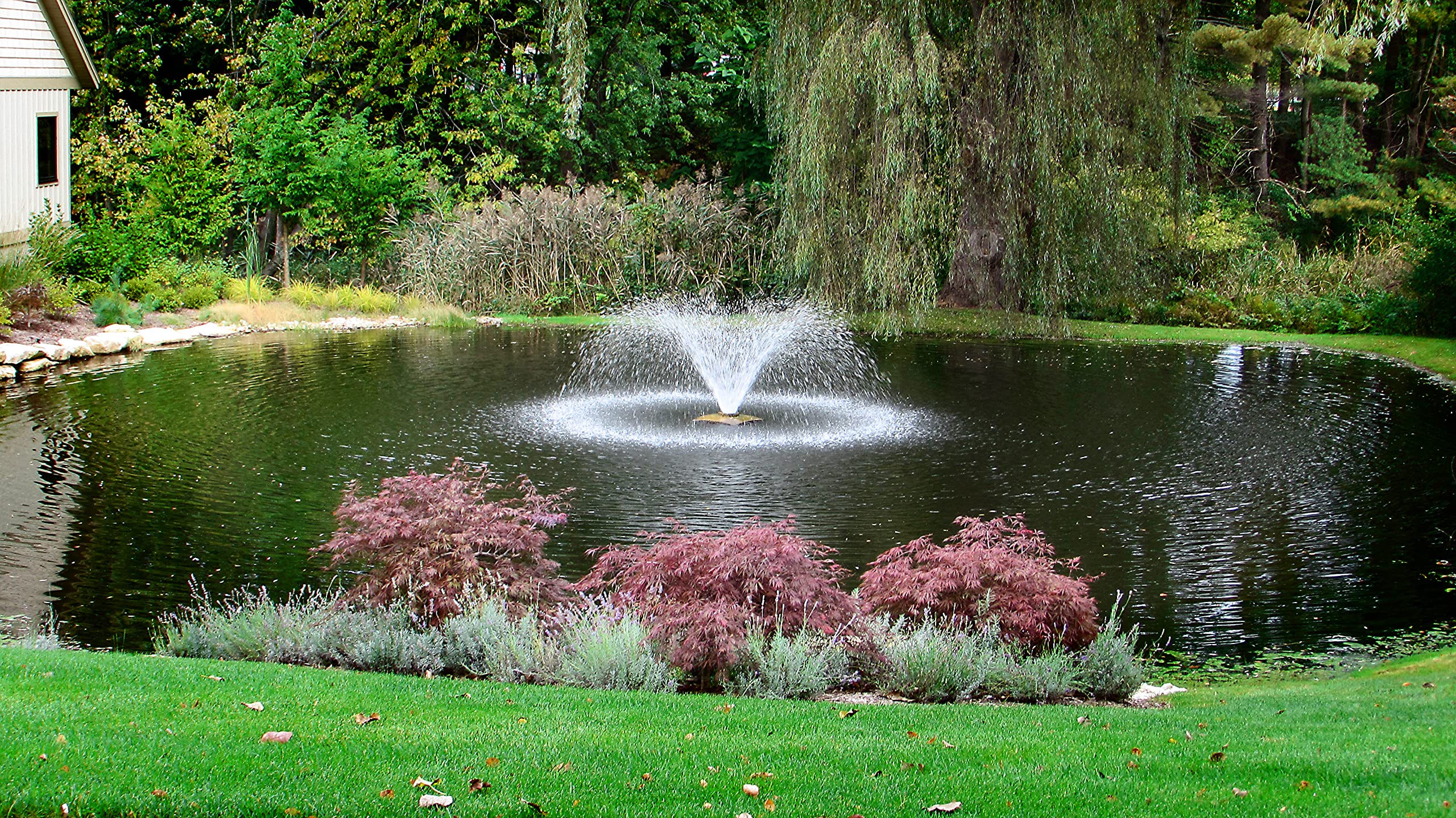


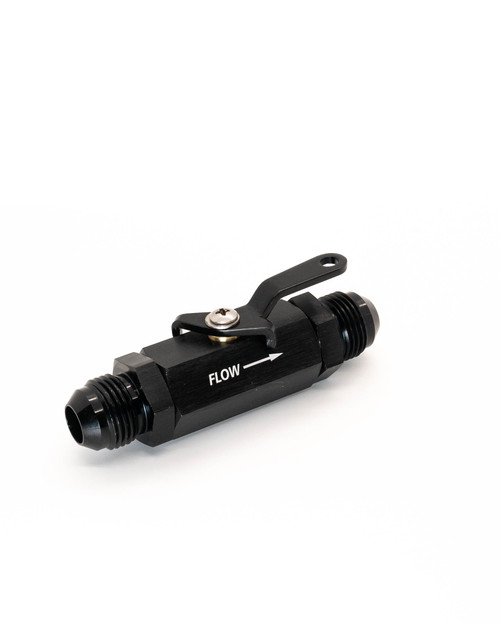
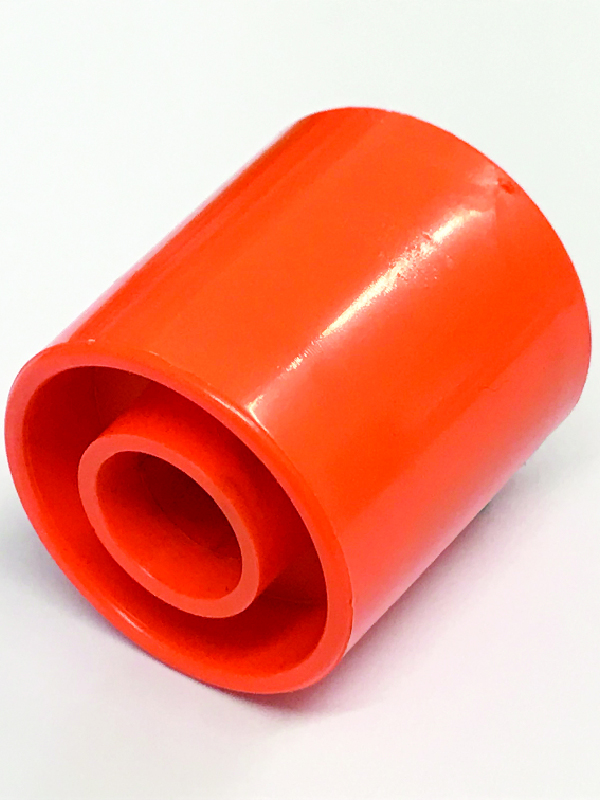
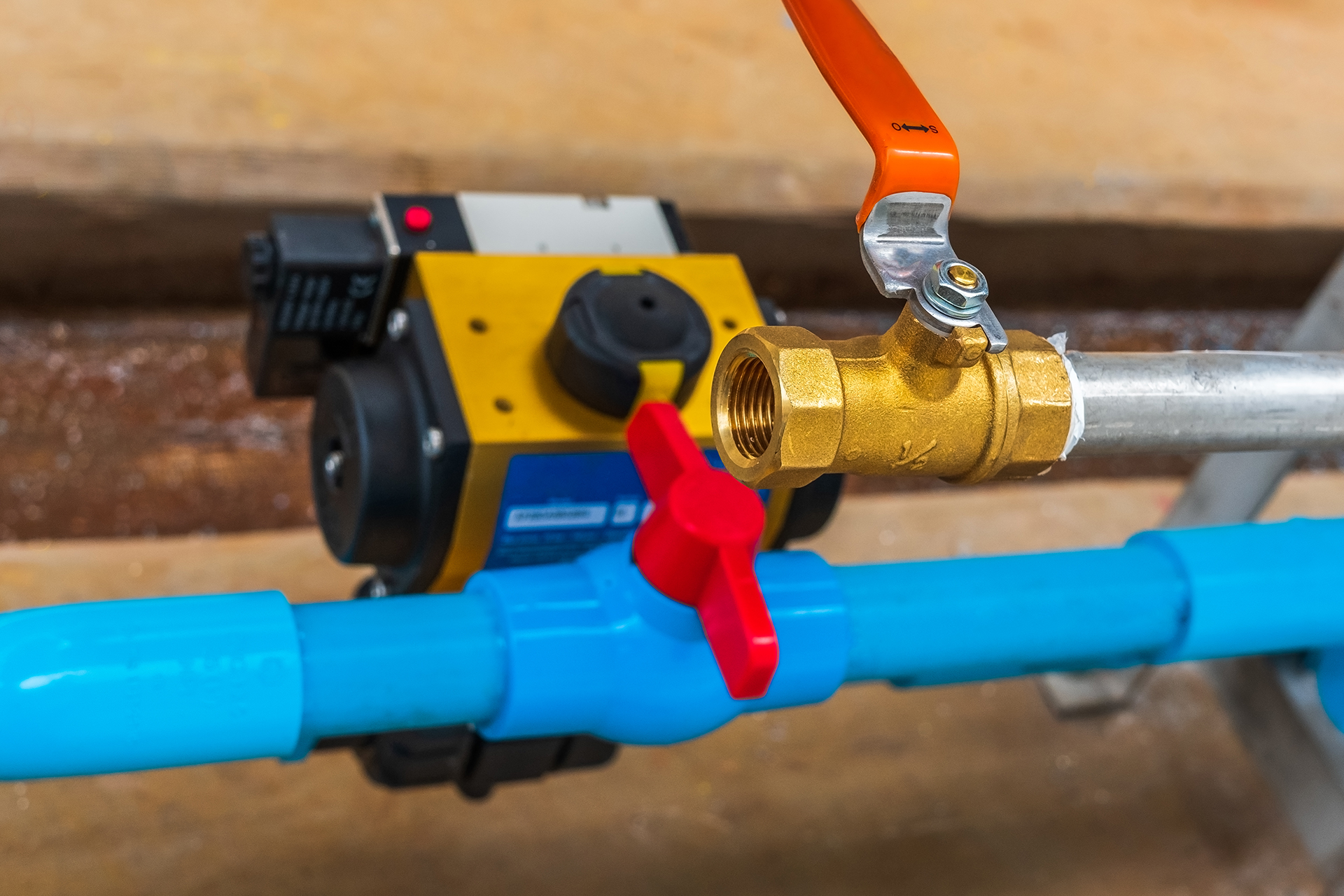
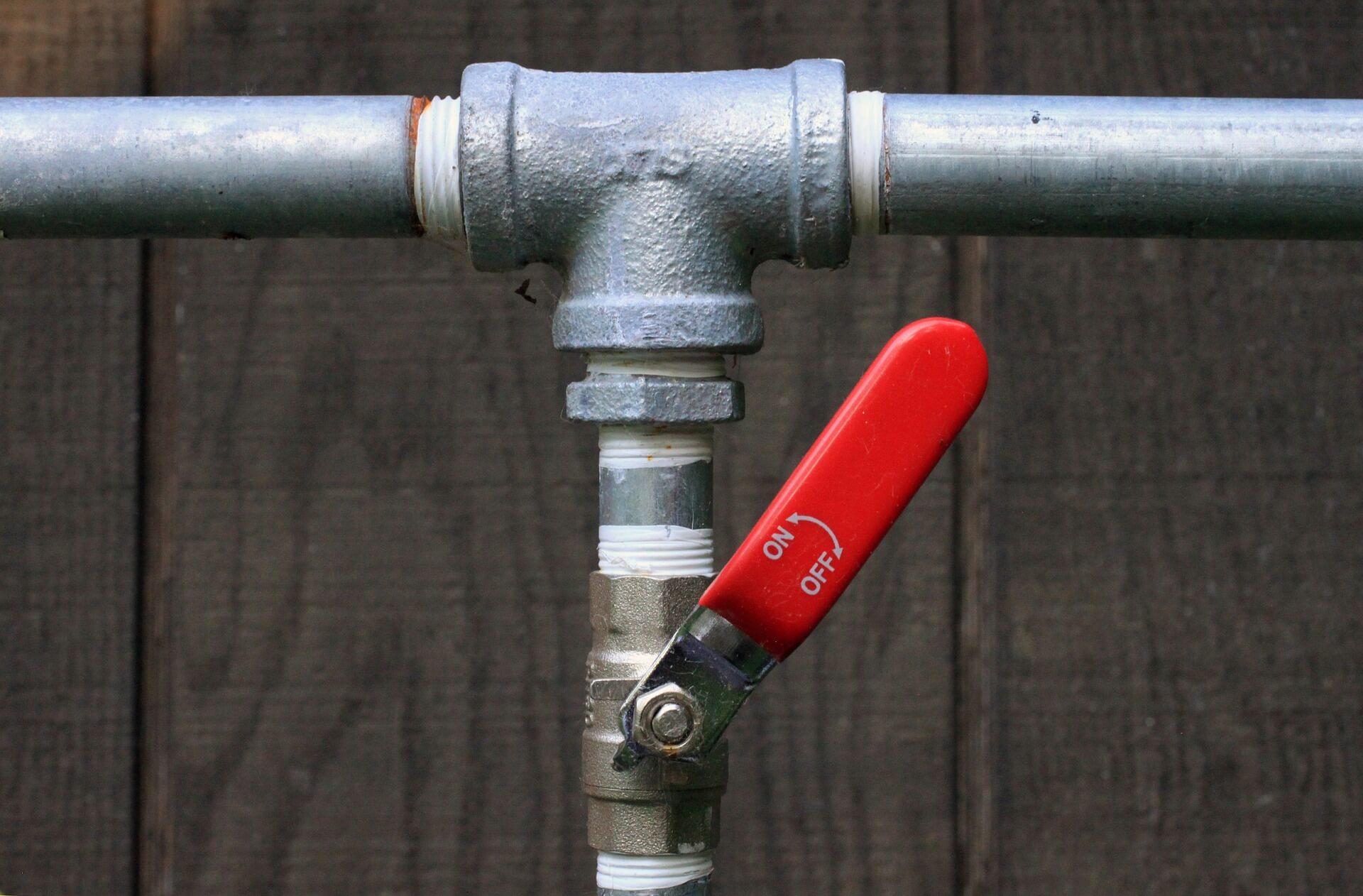

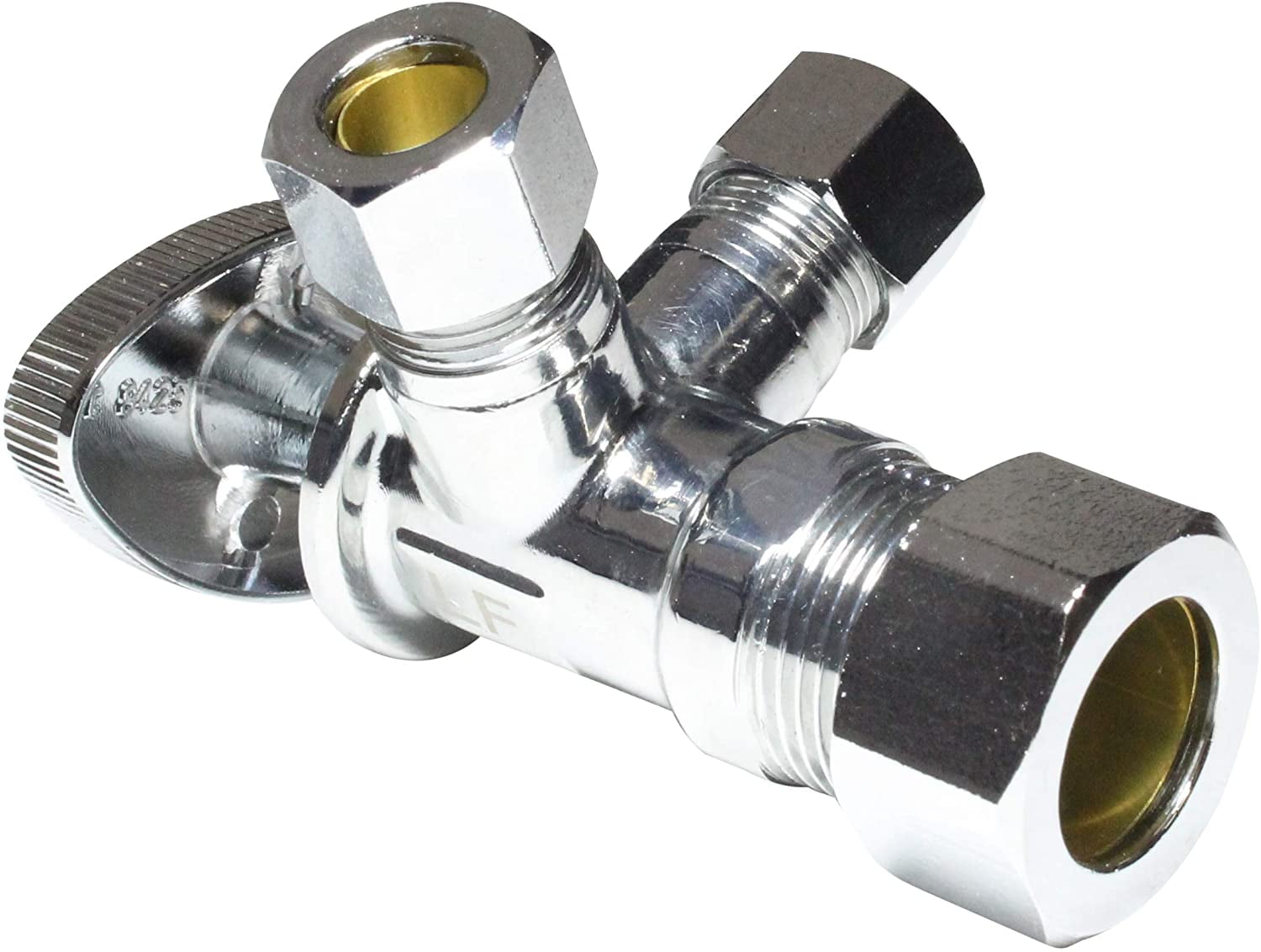



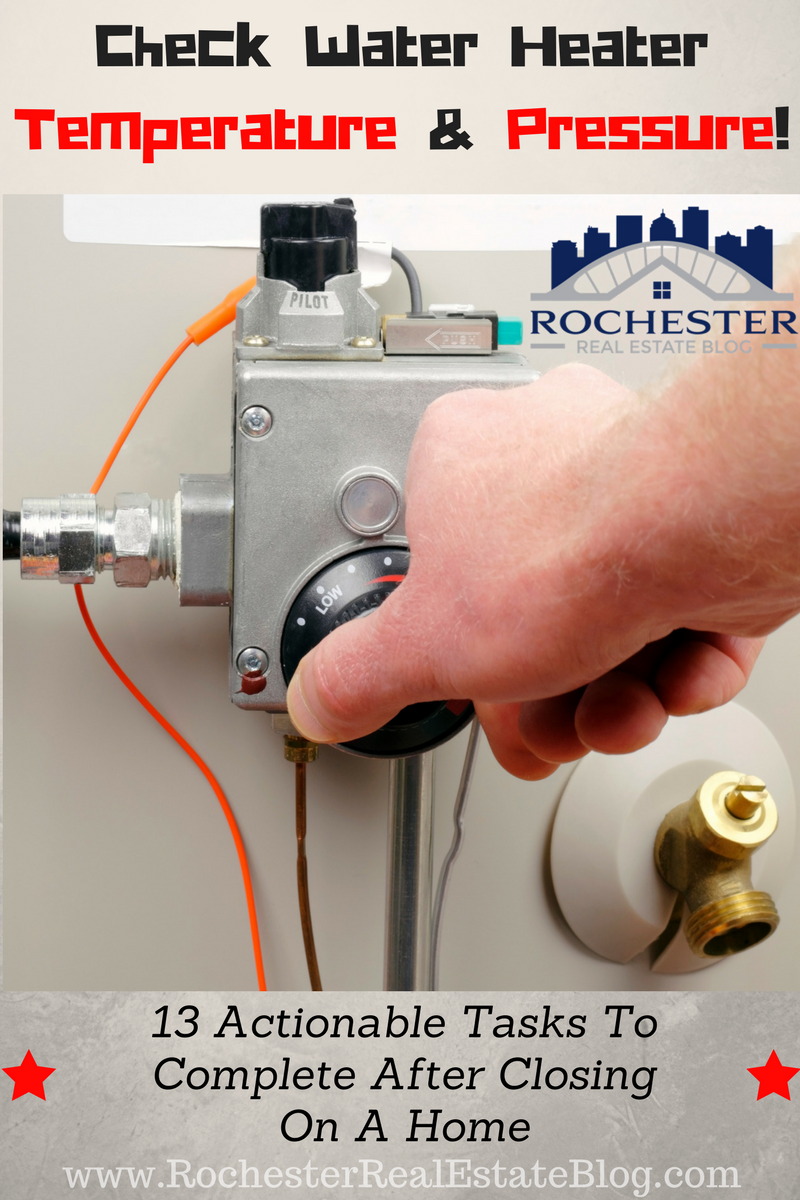
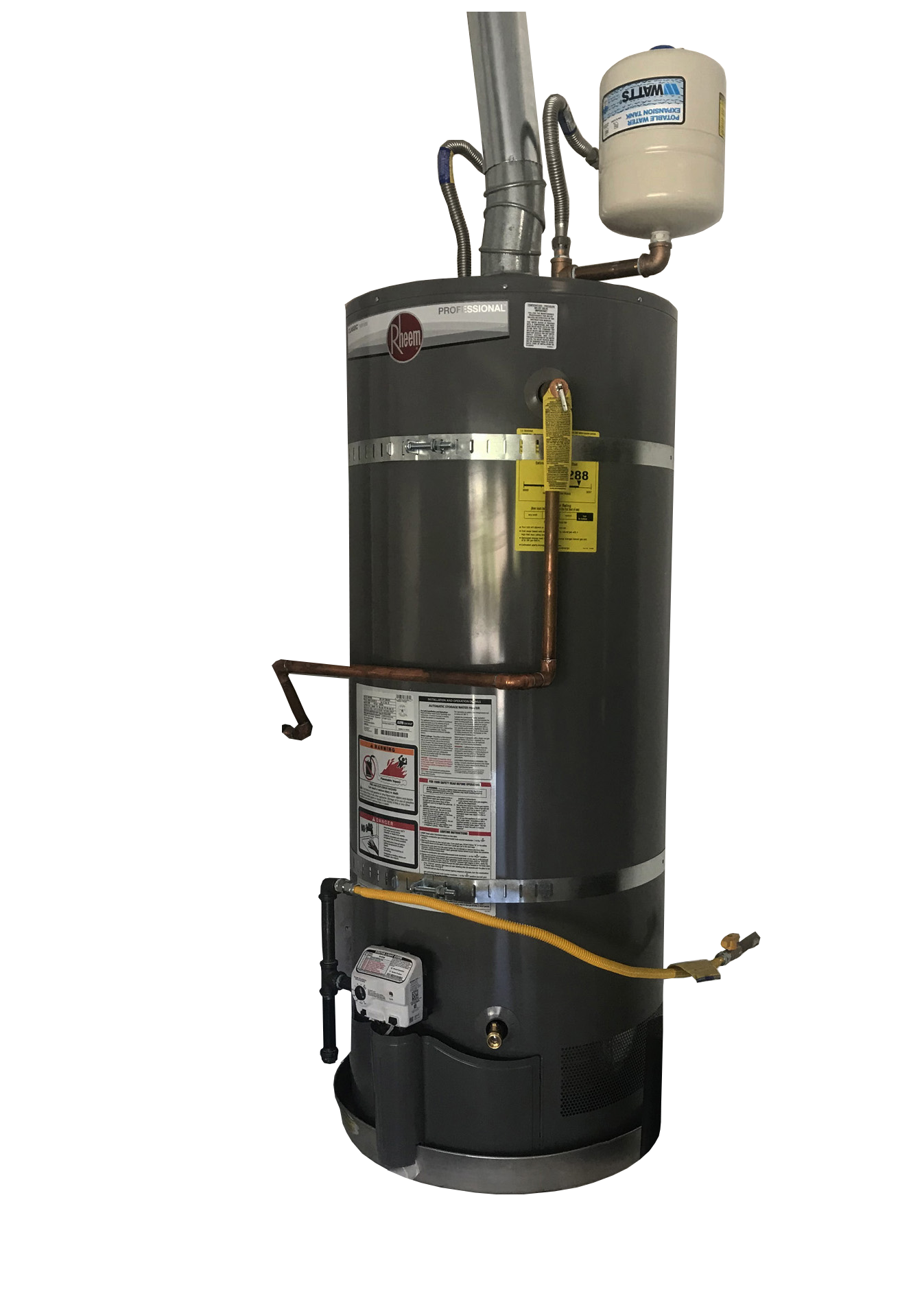

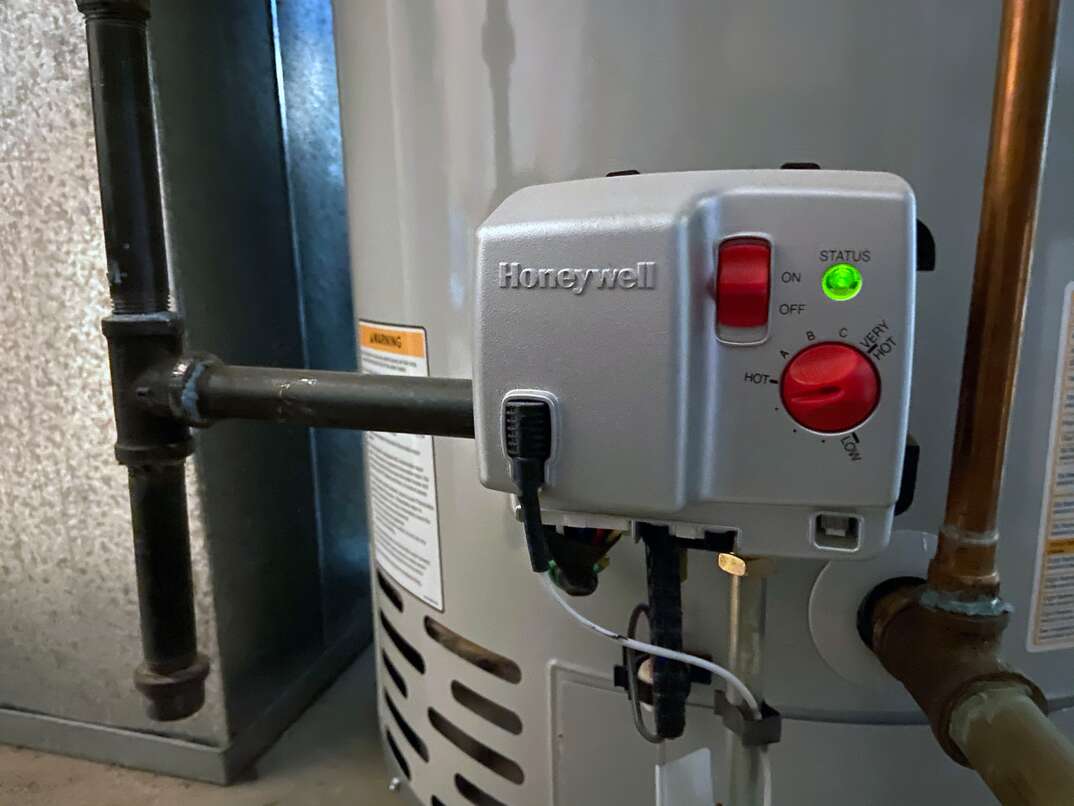
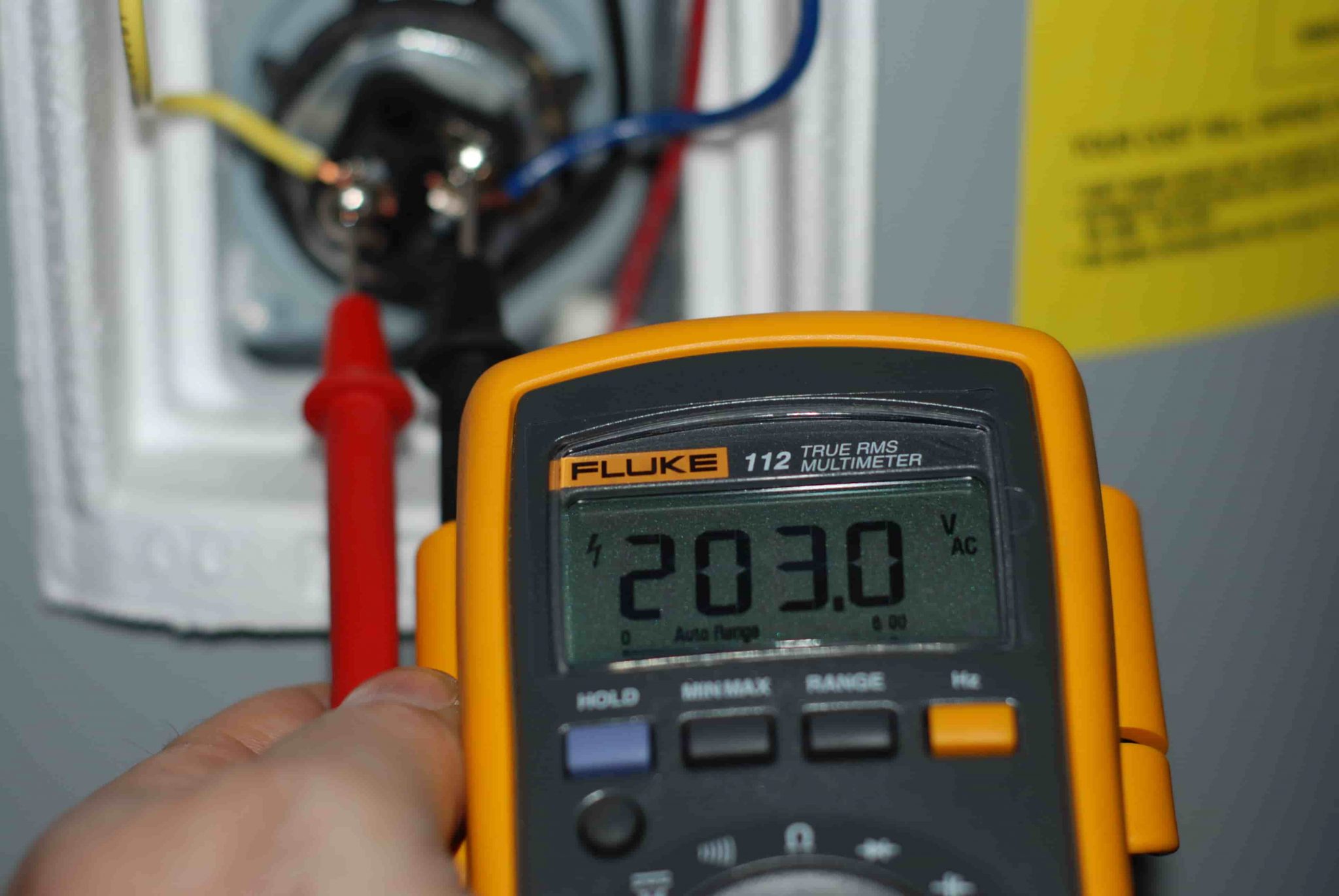

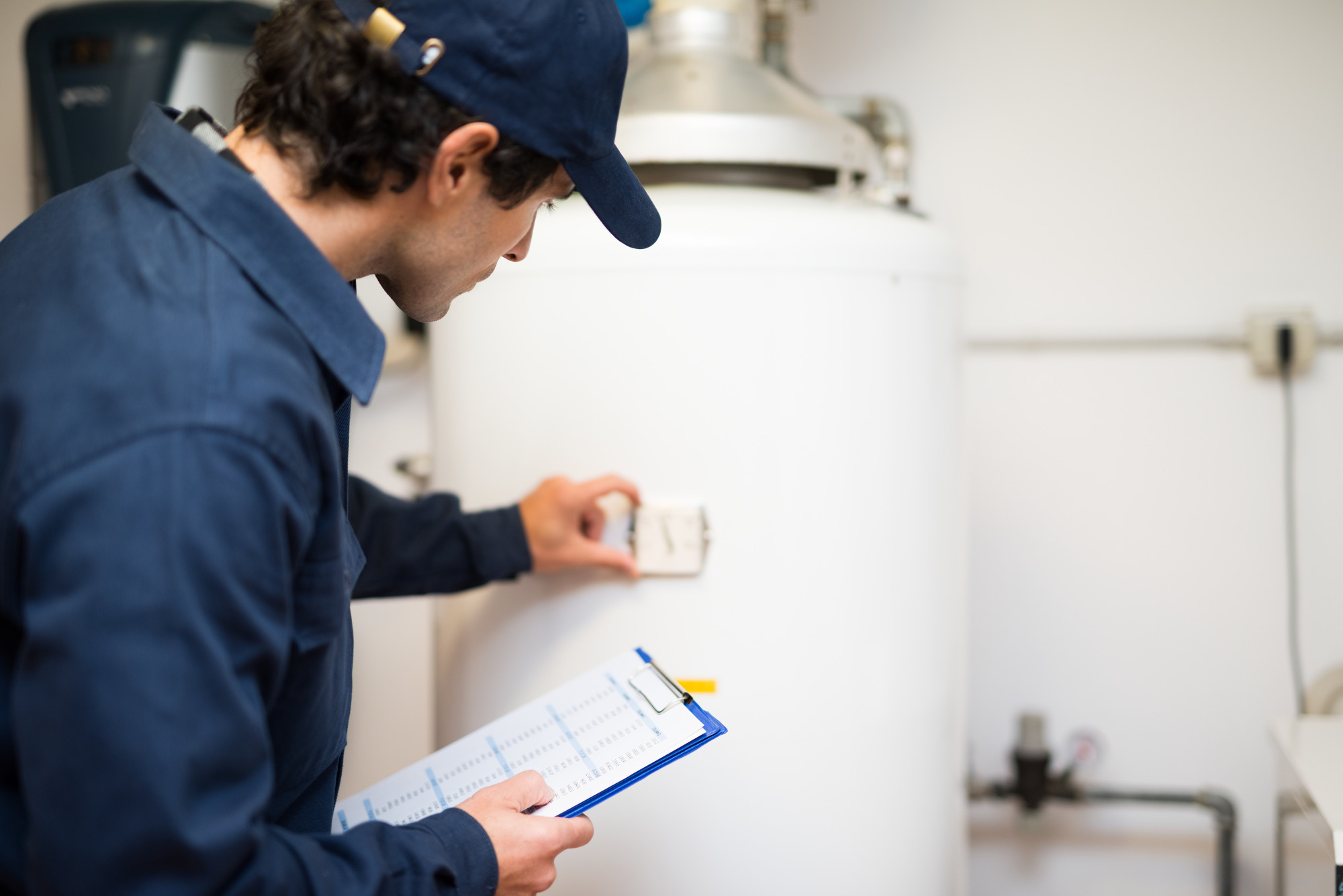
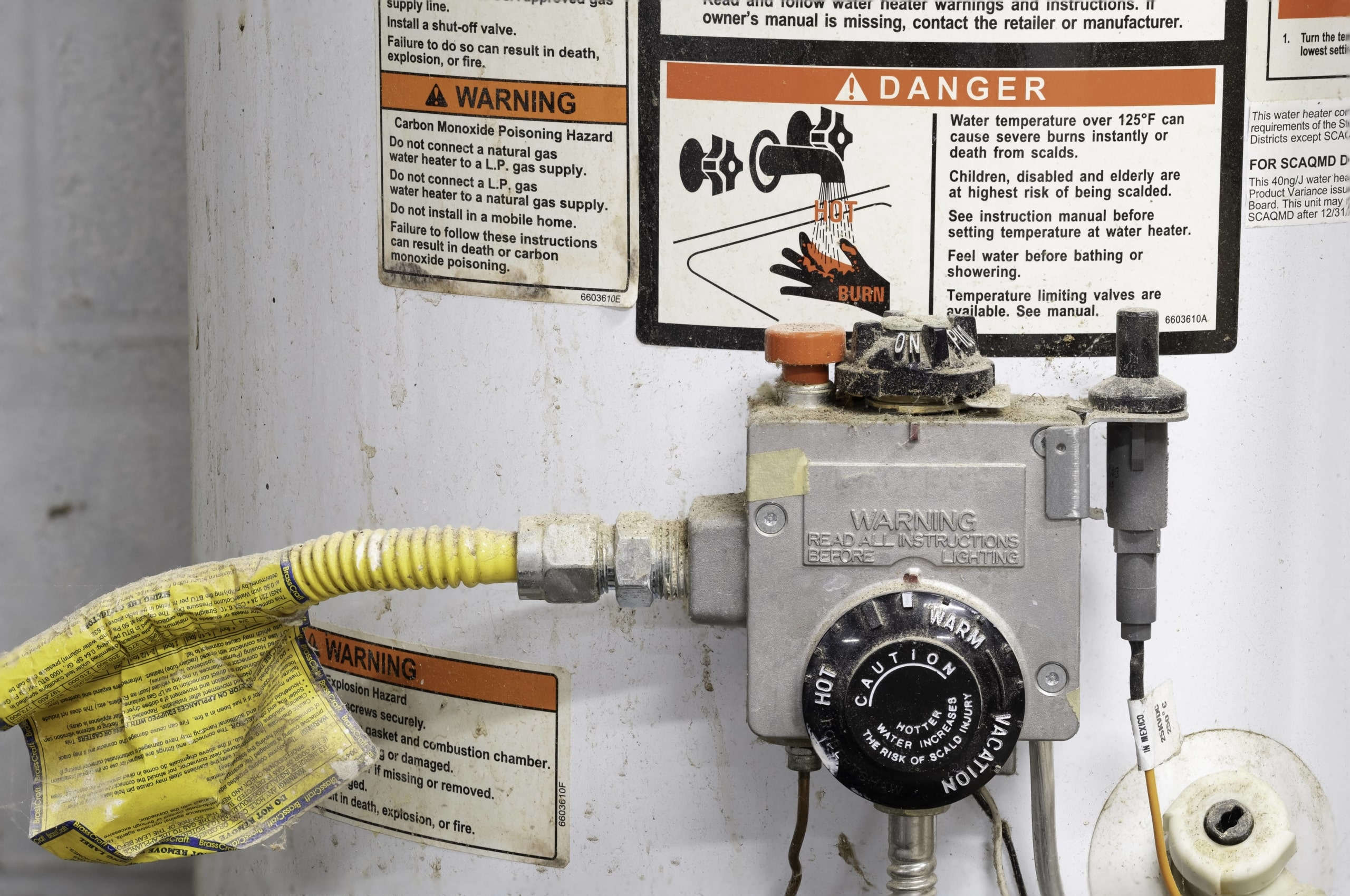
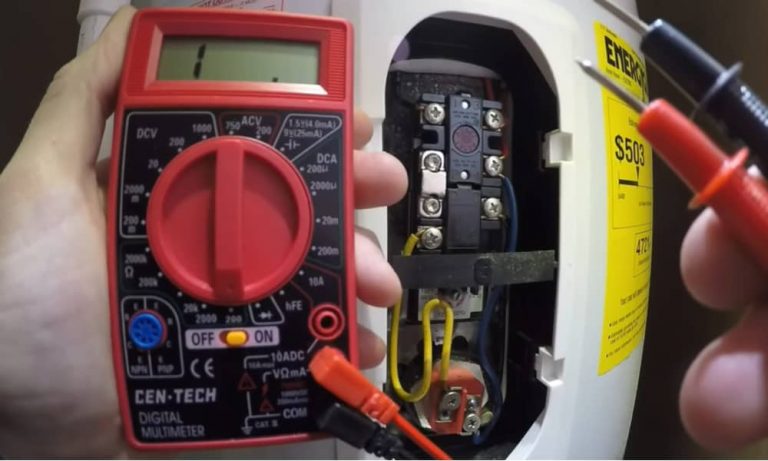
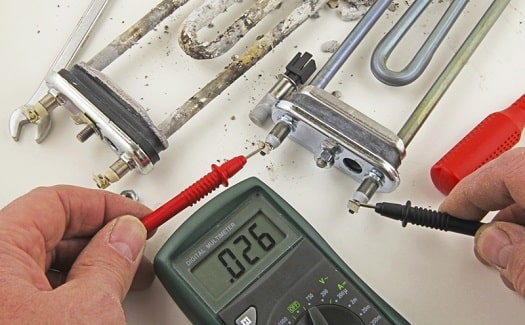







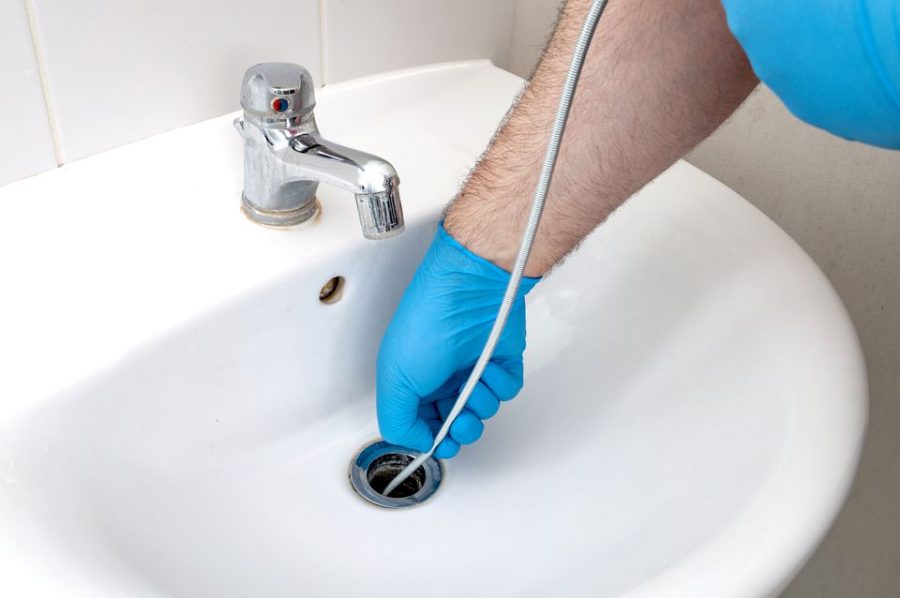





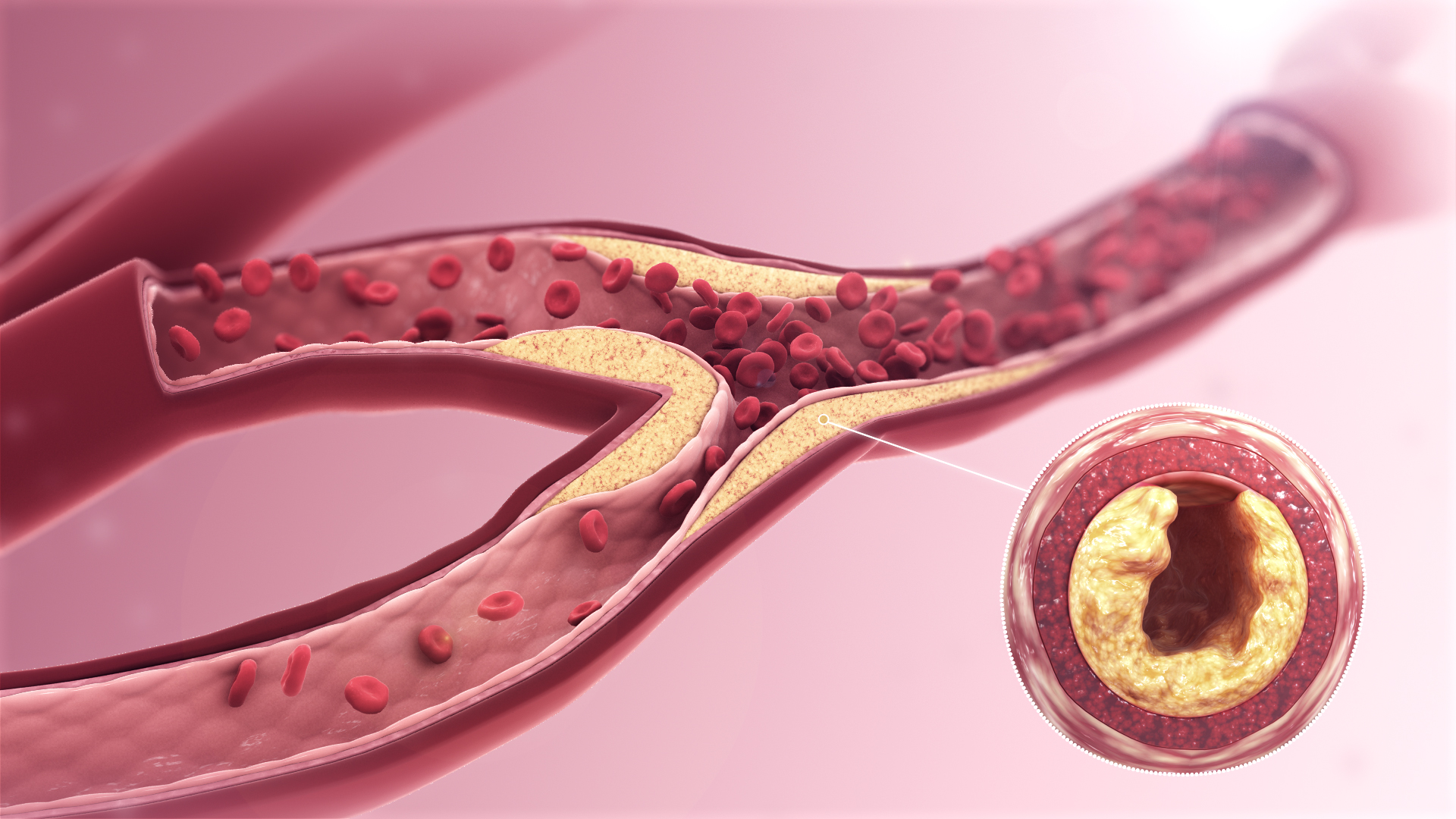
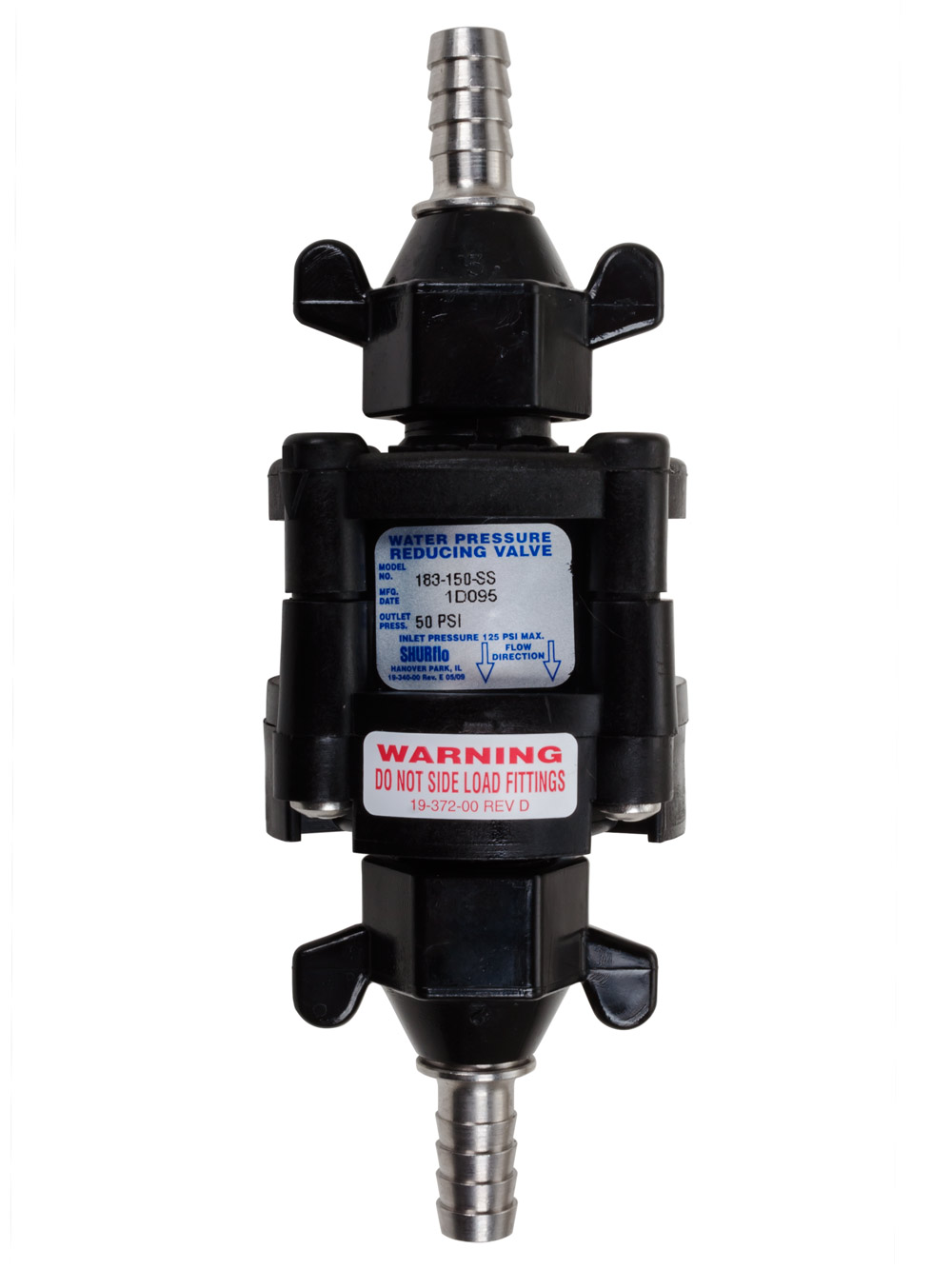
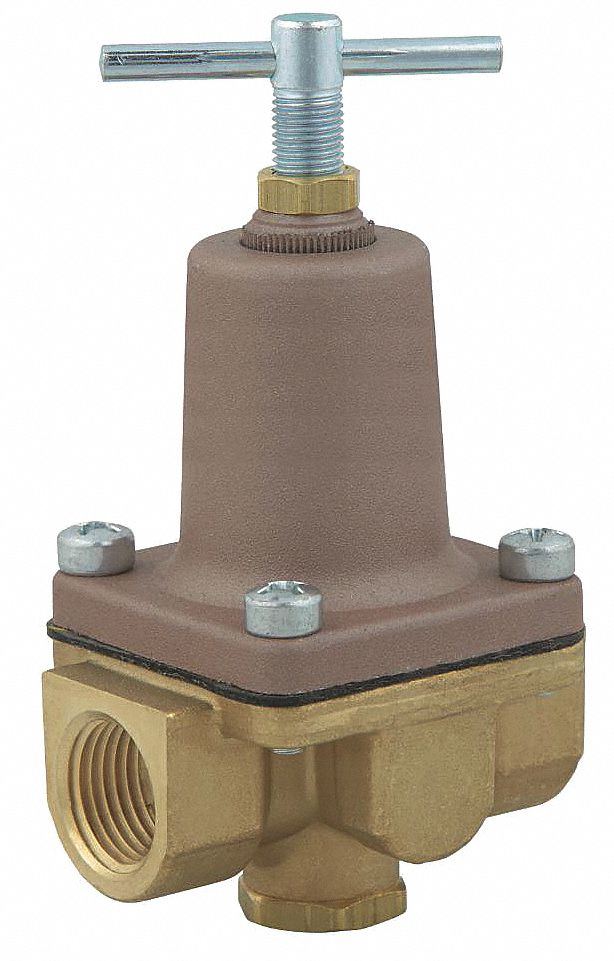

:max_bytes(150000):strip_icc()/the-men-s-hand-opens-the-ball-valve-on-the-collector-1006810456-5c5fc73fc9e77c000159c4af.jpg)

